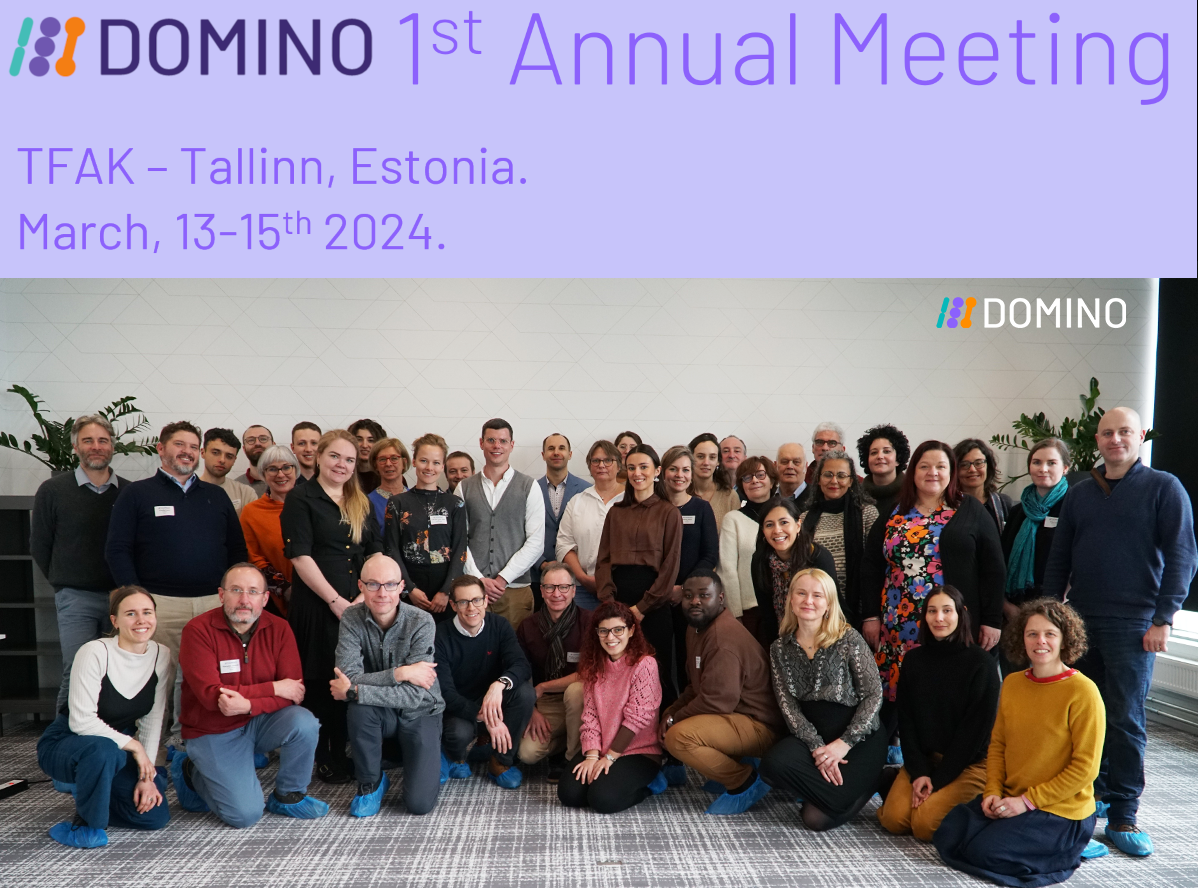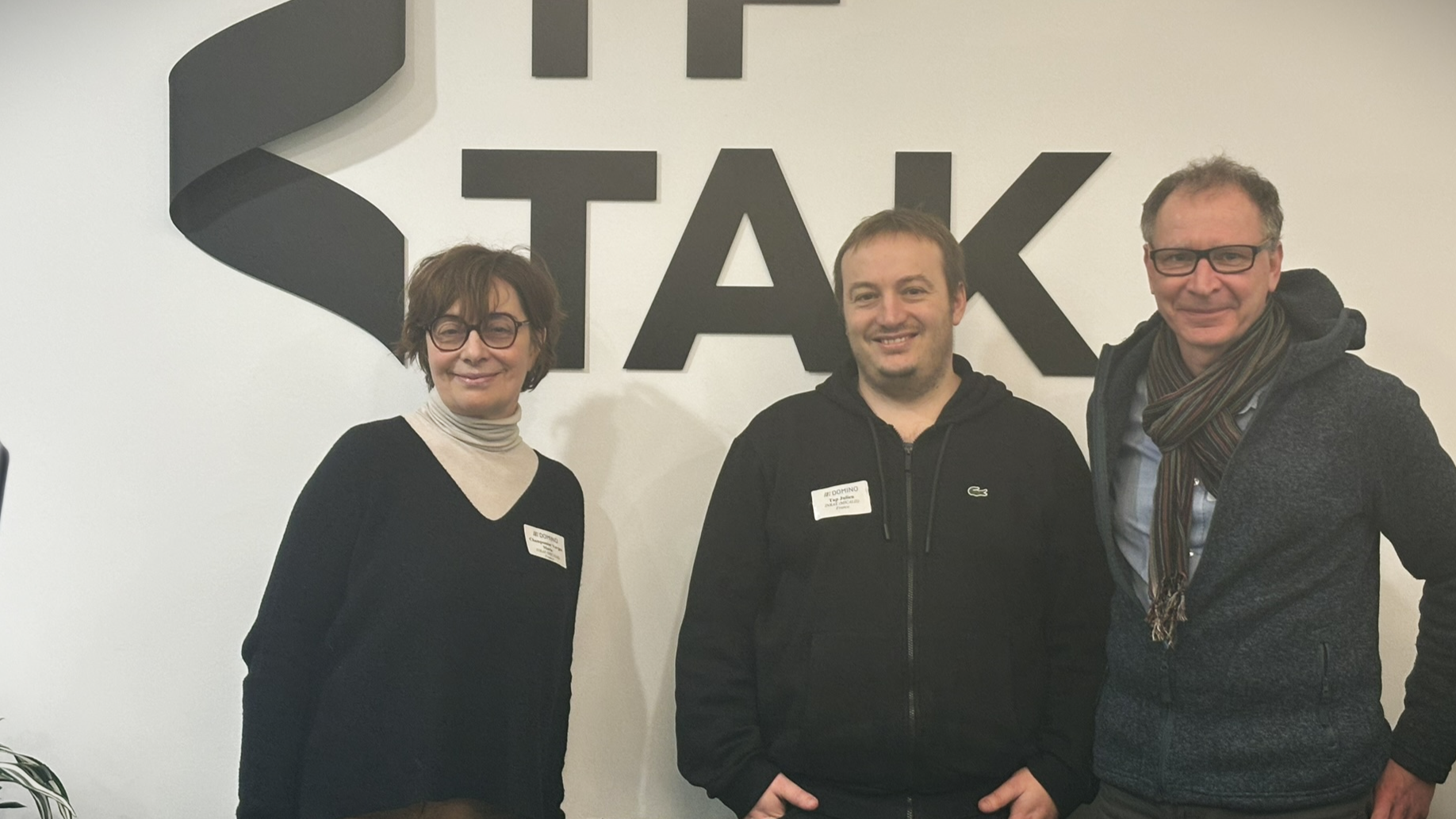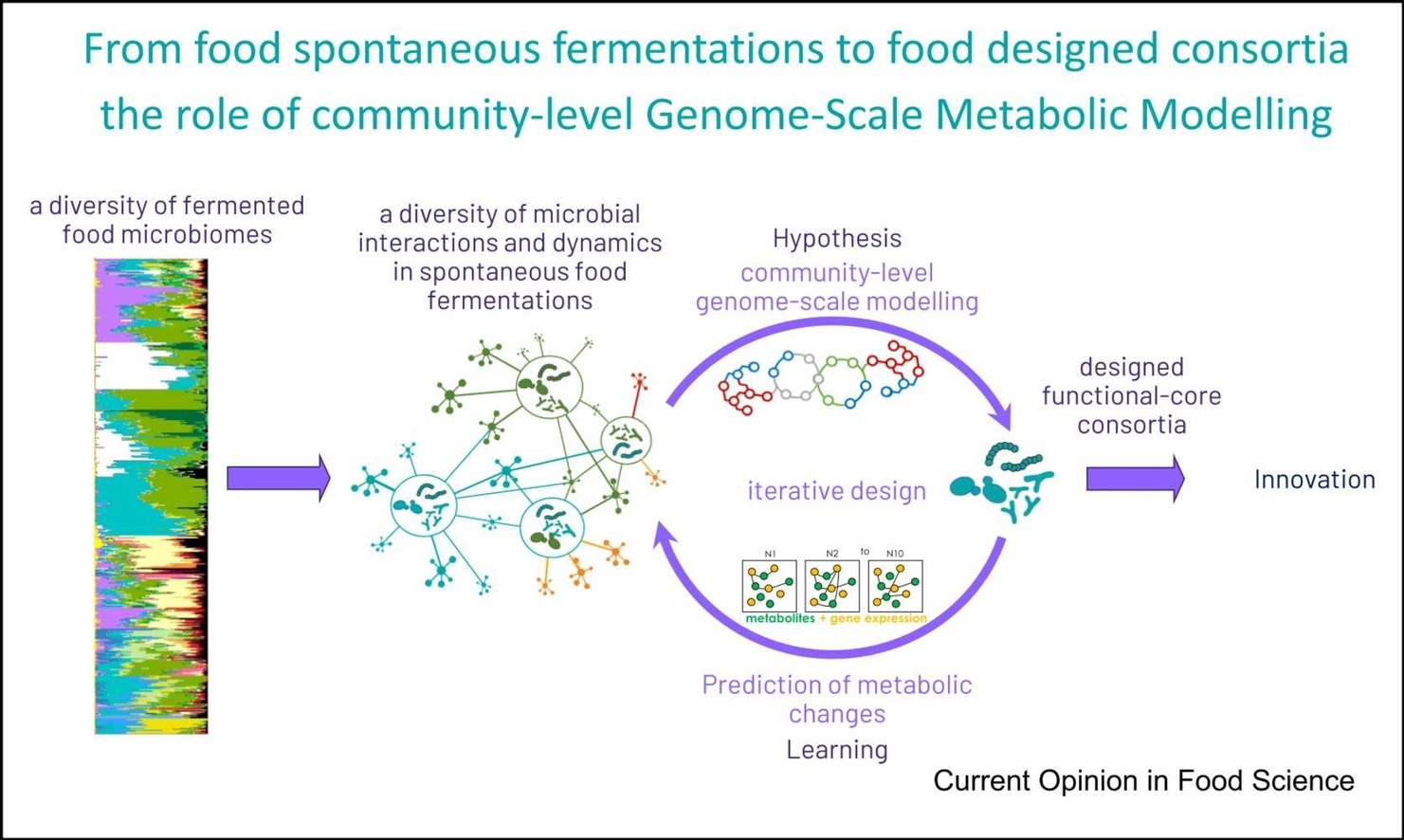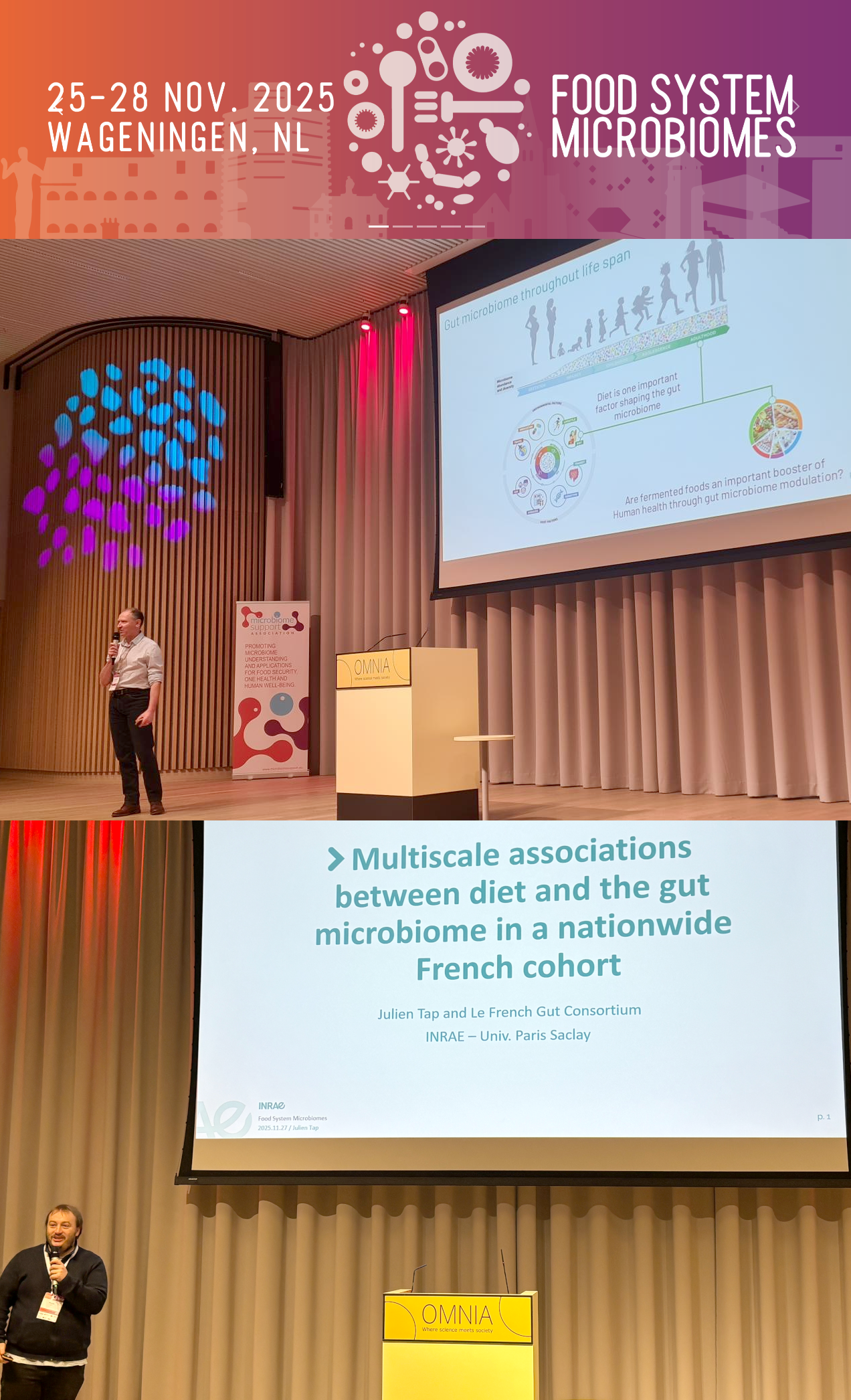Published: Mar 15, 2024 by FME Lab
The #DominoEU project consortium met in Tallinn, Estonia, to discuss the results of the first year.

The project has now embarked on its various trajectories, which include long-term multi-centre nutritional studies on milk kefir to elucidate the beneficial effects of a diet based on fermented foods, as well as the design of microbial consortia to create and improve six prototypes of plant-based fermented foods. Our consortium has also started with success the first phase of the six European level living labs with consumer focus groups.
It was also an opportunity to present our first publication and our many clustering activities, notably as part of the #Microbes4SustainableFoods cluster. #DominoEU is a highly interdisciplinary project that requires a lot of interaction between workpackages, and our interWP sessions have been a great success. #DominoEU is a really exciting project. The second year is starting, with an even more extraordinary programme. We’d especially like to thank our partner TFTAK for inviting us to Tallinn for our first anniversary!



